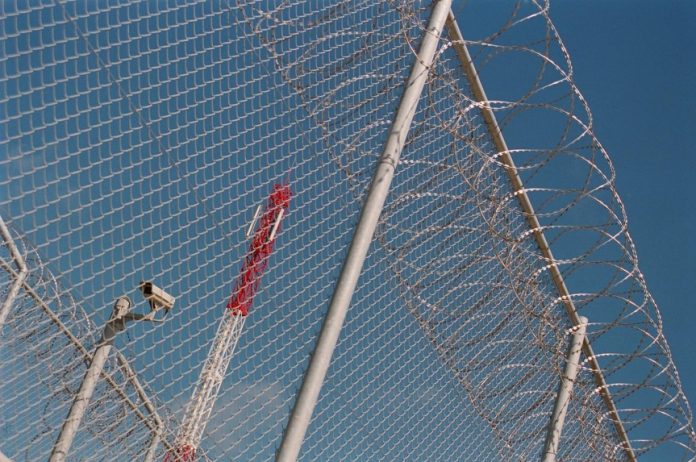The Western Mediterranean route that goes through Morocco to Spain has become the most attractive way to get to Europe. That’s why it did not come as a surprise when Spanish President Pedro Sánchez announced last month that Morocco would receive an additional €140m from EU Trust Fund for Africa to support border management in the Maghreb region.
According to a recent article in Forbes, there are some controversial points regarding the Spanish advocacy to get EU funds for Morocco in exchange of a greater migratory control. It also noted the concerns about the respect for human rights in relation to the externalisation of the EU borders.
According to the European Commission, there is a decrease in the irregular arrivals of immigrants in the Eastern and Central Mediterranean routes: on one hand, flows along the Eastern Mediterranean route (the sea crossing from Turkey to Greece) have been reduced by 97% since the EU-Turkey refugee agreement. On the other hand, flows along the Central Mediterranean route (from Libya, mainly to Italy), which became the most-used route to Europe in recent years, have also been reduced by 80%.
Morocco has become a key partner for the European Union when it comes to migration and border control policies. Since 2014, the EU has committed €232m through different funds to support migration-related actions in the Maghreb country and according to the European Commission, the additional funding will bring the overall migration-related assistance to Morocco to €148m in 2018.
“Morocco is under particular migratory pressure with flows along the Western Mediterranean increasing. This is why we are intensifying and deepening our partnership with Morocco and increasing our financial support. This funding will help to strengthen border management and the fight against smugglers together but also to improve the protection of migrants and to help prevent irregular departures by supporting economic development in the region,” said two weeks ago the EU Commissioner for Migration, Dimitris Avramopoulos. “Shared challenges require joint solutions and partnerships, and the EU stands by Morocco,” he concluded.
According to Forbes, efforts must now focus on preventing that the EU’s migration strategy, which seems to be heading towards the fortification and externalisation of borders through agreements with third countries, lead to prioritising border control over human rights.

